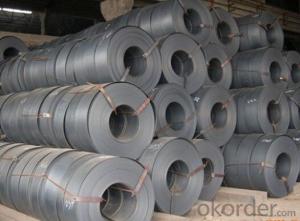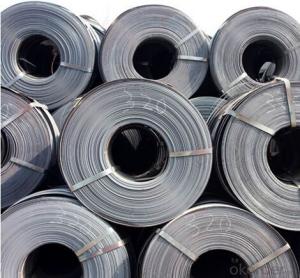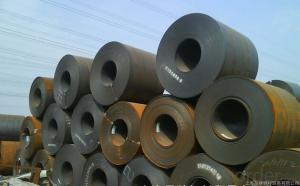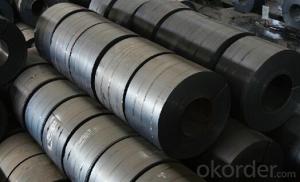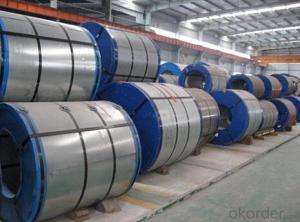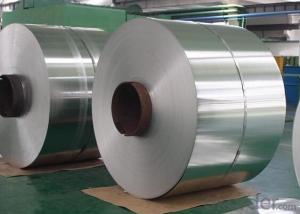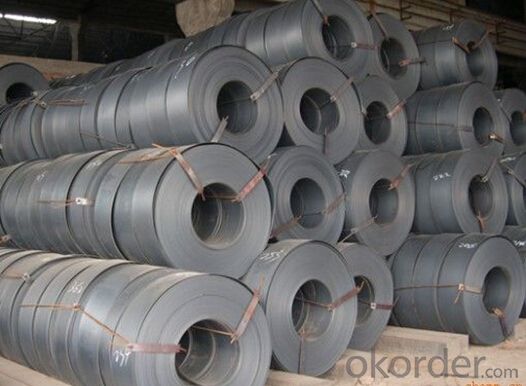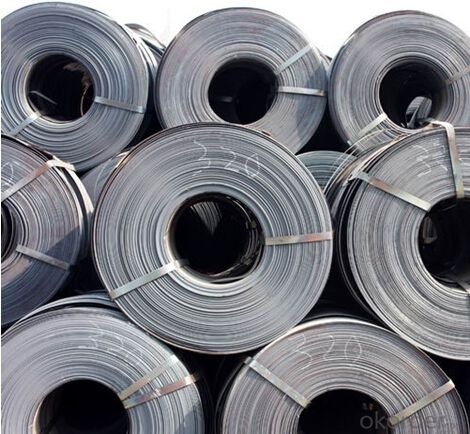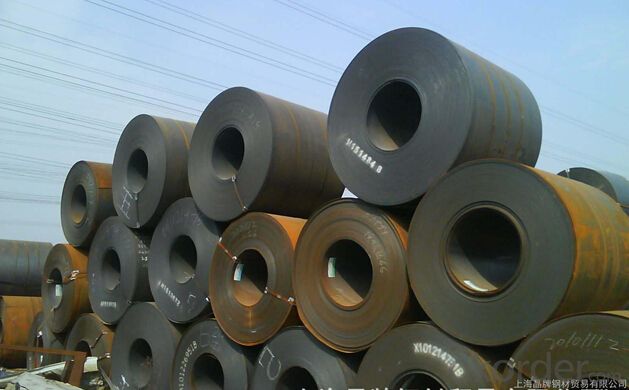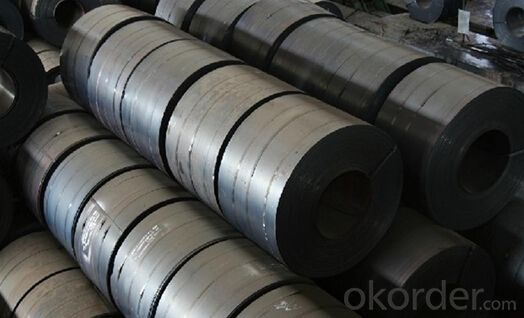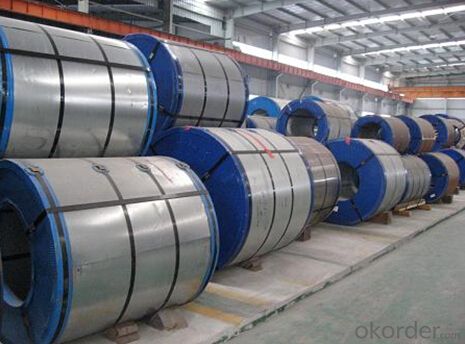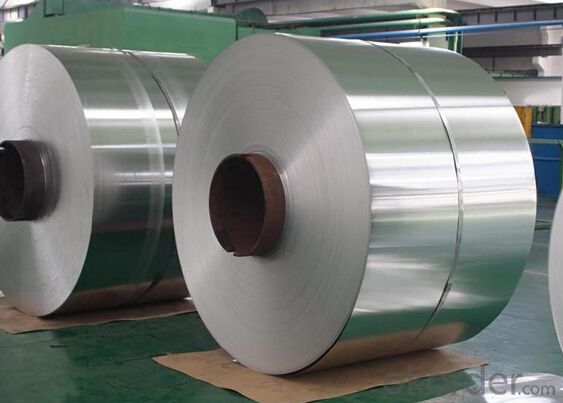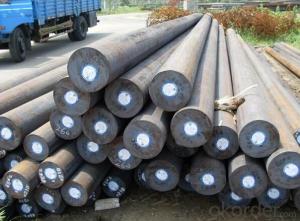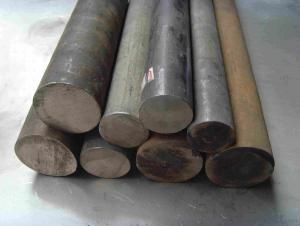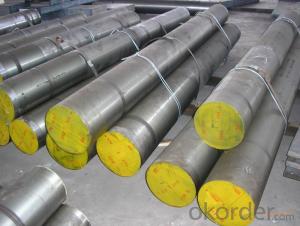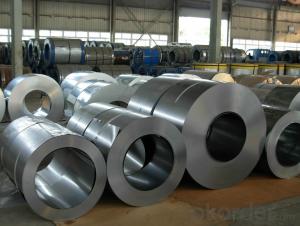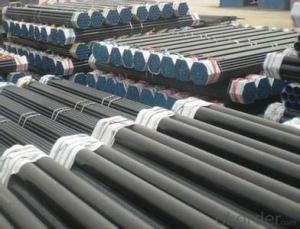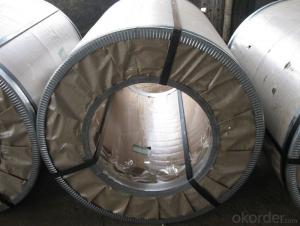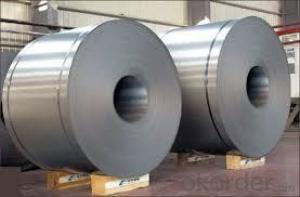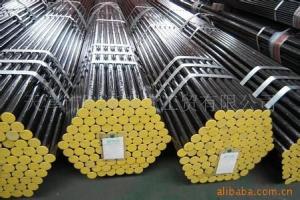Grade Q345 HR Steel Coil with High Quality and Low Price
- Loading Port:
- Tianjin
- Payment Terms:
- TT OR LC
- Min Order Qty:
- 25 m.t.
- Supply Capability:
- 10000 m.t./month
OKorder Service Pledge
OKorder Financial Service
You Might Also Like
Specification
Grade Q345 HR Steel Coil with High Quality and Low Price
Quick Details
Name | Hot Rolled Steel Coil |
Standard | GB/ASTM/SAE/AISI/DIN/JIS/EN/BS |
Surface Treatment: | Black/Peeling/Polished/Machined |
Delivery Condition: | Hot Rolled or Forged/Peeled or Black Surface |
Test | SGS/UT 100% Elements Testing |
Certificate: | ISO/Mill Certificate |
Service: | 24 hours online service / |
more than 20 years trading and manufacture | |
Quality Assurance: | the third party inspection, such as SGS, BV, TUV…etc. is acceptable |
Packaging Details: | Seaworthy Packaging or as per customer's packing instruction |
Specification
Commodity | Hot rolled steel plate/Mild steel plate/black steel plate/Carbon steel plate/sheet |
STEEL GRADE | A36, AH36,A283 Gr.C, SS400, S235J1/S235J2/S235JR, S275J1/S275J2/S275JR, A516 Gr.60/A516 Gr.70, ST37-2 |
Standard | GB,JIS,DIN,AISI,ASTM |
Thickness | 1.5mm ~ 200mm |
Width | 1000mm 1220mm 1250mm 1500mm 2000mm 2500mm 3000mm |
length | below 12000mm & coil |
Surface | Clean, blasting and painting according to customer requirement |
Delivery time | standard size 15days goods can load into container, if produce goods need 35days |
Application | Widely used in petrochemistry,chemistry,electricity,boiler and vessel manufacture,and could |
be made into reactor,heat exchange facility,segregator,sphere vessel,oil tank,liquid gas storage | |
tank,nuclear reactor press shell,turbine and other machines | |
Shipping | length below 5.8m with 20' container, length below 11.8m with 40' container. or Bulk shipping. |
Company Information
CNBM International Corporation is the most import and export platform of CNBM group(China National Building Material Group Corporation) ,which is a state-owned enterprise, ranked in 270th of Fortune Global 500 in 2015.
With its advantages, CNBM International are mainly concentrate on Cement, Glass, Iron and Steel, Ceramics industries and devotes herself for supplying high quality series of refractories as well as technical consultancies and logistics solution.
After-sale service | l CNBM provides the services and support you need for every step of our cooperation. We’re the business partners you can trust; you can relax and get on with doing business. |
l For any problem, please kindly contact us at any your convenient time, we’ll reply you in our first priority within 24 hours | |
Advantages | Industry experience over 20 years. |
Shipment of goods -More than 70 countries worldwide. | |
The most convenient transport and prompt delivery. | |
Competitive price with best service. | |
High technical production line with top quality products. | |
High reputation based on best quality products. |
Product Show
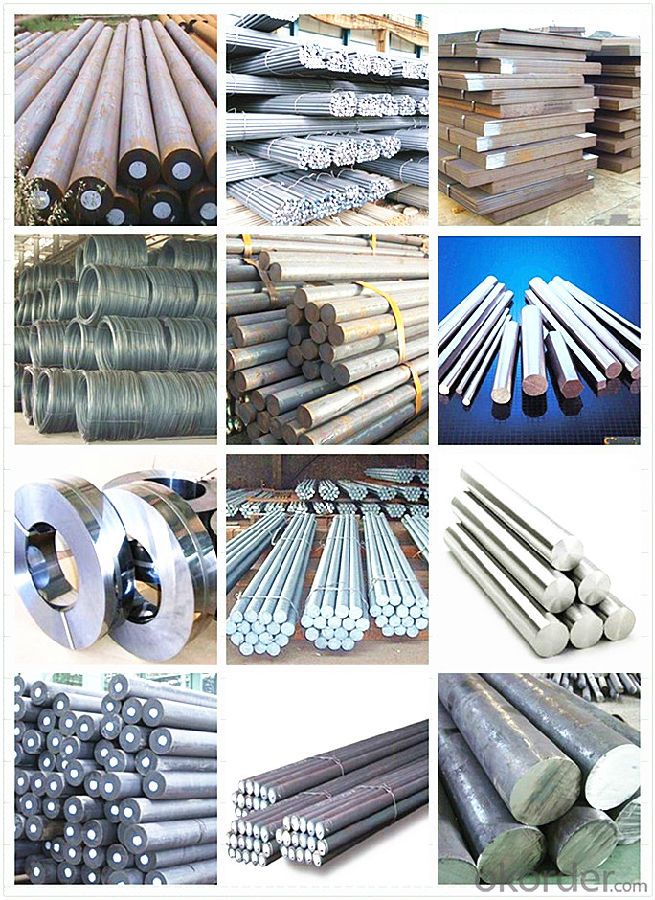
FAQ
Are you a trading company or manufacturer? | Manufacturer |
What’s the MOQ? | 3 metric ton |
What’s your delivery time? | 15-35 days after downpayment received |
Do you Accept OEM service? | Yes |
what’s your delivery terms? | FOB/CFR/CIF |
What's the Payment Terms? | 30% as deposit,70% before shipment by T/T |
Western Union acceptable for small amount. | |
L/C acceptable for large amount. | |
Scrow ,Paybal,Alipay are also ok | |
Why choose us? | Chose happens because of quality, then price, We can give you both. |
Additionally, we can also offer professional products inquiry, products knowledge train (for agents), smooth goods delivery, excellent customer solution proposals. | |
What's your available port of Shipment? | Main Port, China |
What’s your featured services? | Our service formula: good quality+ good price+ good service=customer's trust |
Where are your Market? | Covering more than 160 countries in the world |
- Q: How is wear-resistant alloy steel used in the production of mining equipment?
- Wear-resistant alloy steel is commonly used in the production of mining equipment due to its exceptional durability and resistance to abrasion and impact. It is utilized in components such as crusher liners, grinding media, buckets, and drill bits to withstand the harsh conditions of mining operations, where rocks, ores, and minerals can cause significant wear and tear. By using wear-resistant alloy steel, mining equipment can operate for longer periods without the need for frequent replacements, resulting in improved productivity and reduced maintenance costs.
- Q: What are the different grades and specifications of special steel?
- Special steel refers to a wide range of high-quality steels that are specifically designed to possess exceptional properties and meet specific requirements for various industrial applications. These grades and specifications of special steel are determined based on their composition, mechanical properties, and intended use. One commonly used grading system for special steel is the AISI-SAE system, which categorizes special steel into different grades based on their chemical composition. For example, AISI-SAE 4140 is a popular grade of special steel known for its high strength, toughness, and wear resistance. It contains elements such as chromium, molybdenum, and carbon, which contribute to its exceptional properties. Another widely used grading system is the ASTM system, which classifies special steel based on their mechanical properties and intended use. ASTM A36 is a commonly used grade of special steel that is known for its excellent weldability, toughness, and low carbon content. It is often used in structural applications, such as building construction and bridges. There are also specific grades and specifications of special steel for particular industries or applications. For example, stainless steel is a special steel grade that contains a high percentage of chromium, which provides excellent corrosion resistance. Stainless steel is commonly used in applications where resistance to moisture, chemicals, and high temperatures is required, such as in the food industry or medical equipment manufacturing. Furthermore, tool steel is a special steel grade specifically designed for making cutting and shaping tools. It possesses high hardness, wear resistance, and heat resistance, making it suitable for applications such as machining, forging, or die casting. In addition to these grades, special steel can also be categorized based on their specifications, such as heat treatment requirements, surface finish, or dimensional tolerances. These specifications ensure that the special steel meets the specific requirements of the intended application. Overall, the different grades and specifications of special steel are tailored to meet the diverse needs of various industries and applications, providing superior performance, durability, and reliability.
- Q: How does special steel contribute to the renewable energy aftermarket industry?
- Special steel plays a crucial role in the renewable energy aftermarket industry by enhancing the efficiency, durability, and cost-effectiveness of renewable energy systems. One of the primary applications of special steel in this industry is in the manufacturing of wind turbine components. Wind turbines require high-strength and corrosion-resistant materials to withstand the harsh environmental conditions and generate electricity efficiently. Special steel alloys, such as high-strength low-alloy (HSLA) steel and stainless steel, offer superior mechanical properties, fatigue resistance, and excellent corrosion resistance, making them ideal for wind turbine tower structures, rotor blades, and other critical components. By using special steel in wind turbine manufacturing, the renewable energy aftermarket industry can benefit from increased turbine lifespan, reduced maintenance costs, and improved energy output. The strength and durability of special steel enable taller and larger wind turbine towers, allowing for the installation of turbines in areas with lower wind speeds. This expansion of suitable locations helps to maximize the energy production potential, making wind energy a more viable and widespread renewable energy source. Furthermore, special steel also contributes to the renewable energy aftermarket industry through its application in solar power systems. Solar panels require robust mounting structures to support the weight of the panels, withstand wind and snow loads, and ensure optimal sun exposure. Special steel, with its high strength-to-weight ratio and corrosion resistance, is commonly used in these mounting structures, providing long-lasting and reliable support for solar panels. In addition to wind and solar energy, special steel finds applications in other renewable energy systems such as hydroelectric power plants and geothermal systems. These industries benefit from the corrosion resistance and resistance to extreme temperatures offered by special steel, ensuring the longevity and efficiency of the equipment. Overall, special steel significantly contributes to the renewable energy aftermarket industry by enabling the production of reliable, durable, and efficient renewable energy systems. Through its use in wind turbines, solar panels, and other renewable energy technologies, special steel helps to enhance the performance and longevity of these systems, ultimately driving the growth and adoption of renewable energy sources worldwide.
- Q: What are the different methods of controlling the grain size in special steel?
- To achieve desired mechanical properties and performance, there are multiple approaches available for controlling the grain size in special steel. The following are some of the techniques that can be employed: 1. Alloying: The grain size in steel can be controlled by carefully selecting and managing the composition of alloying elements. Elements like niobium, vanadium, and titanium have proven effective in refining the grain size. 2. Heat treatment: The grain size can be regulated through the process of heat treatment. Techniques such as annealing, normalizing, and quenching can be utilized to manipulate the grain size. For example, slow cooling during annealing encourages the growth of larger grains, while rapid cooling during quenching leads to smaller grain sizes. 3. Deformation processing: Mechanical deformation methods like rolling, forging, or extrusion can aid in refining the grain structure. These processes induce strain and facilitate the formation of smaller and more uniform grains. 4. Grain growth inhibitors: The addition of specific elements like aluminum or zirconium to the steel can act as inhibitors for grain growth. These elements create fine particles that impede the growth of grains during heat treatment, resulting in a smaller grain size. 5. Control of transformation temperature: Manipulating the transformation temperature during heat treatment allows for control over the grain size. Lowering the austenitizing temperature, for example, can yield a finer grain structure in the final product. 6. Rapid solidification: Employing techniques such as spray forming or rapid quenching can lead to an ultrafine-grained microstructure. The rapid cooling prevents grain growth, resulting in a fine and homogeneous grain structure. 7. Severe plastic deformation (SPD) techniques: Techniques like equal channel angular pressing (ECAP) or high-pressure torsion (HPT) impose significant strain on the material, leading to a refined grain structure. These methods are commonly used for producing ultrafine-grained or nanostructured steels. It is essential to consider the desired properties, alloy composition, and intended application of the final product when choosing a method for controlling the grain size in special steel.
- Q: How is case-hardening steel used in the manufacturing of gears?
- Case-hardening steel is used in the manufacturing of gears to enhance their durability and strength. The process involves heating the steel to a high temperature and then rapidly cooling it to create a hard outer layer, known as the case, while maintaining a relatively softer core. This hardened surface provides resistance to wear, abrasion, and fatigue, allowing the gears to withstand heavy loads and prolonged use. Additionally, case-hardening steel also improves the gear's ability to withstand impact and retain its shape, ensuring efficient and reliable performance in various mechanical applications.
- Q: What are the main advantages of using special steel in the defense industry?
- The main advantages of using special steel in the defense industry are its exceptional strength, durability, and resistance to extreme conditions. Special steel can withstand high impact and provide superior protection against ballistic threats, making it ideal for armored vehicles, tanks, and military aircraft. Additionally, its corrosion resistance ensures longevity and reduces maintenance requirements. Special steel also offers versatility in terms of design and customization, allowing for the development of advanced weaponry and equipment.
- Q: What is the fatigue strength of special steel?
- The fatigue strength of special steel refers to its ability to withstand repeated loading and unloading without failure. It is typically higher than that of regular steel due to its enhanced composition and manufacturing process, which makes it more resistant to fatigue and allows it to endure higher stress levels.
- Q: How does special steel perform in terms of machinability?
- Special steel typically has good machinability due to its composition and specific manufacturing processes. It is often designed to have improved cutting and chip formation properties, allowing for easier and more efficient machining operations. This allows manufacturers to achieve high precision and productivity when working with special steel, making it a favorable choice for various applications.
- Q: What are the different casting methods used for special steel?
- There are several different casting methods that are commonly used for special steel, depending on the specific needs and requirements of the application. These methods include investment casting, sand casting, continuous casting, and centrifugal casting. 1. Investment casting: This method involves creating a wax pattern of the desired part, which is then coated with a ceramic shell. The wax is melted out, leaving behind a hollow shell, which is then filled with molten steel. Once the steel has solidified, the ceramic shell is broken away, and the final part is obtained. Investment casting allows for complex shapes and intricate details to be created accurately, making it suitable for producing high-quality and precise special steel components. 2. Sand casting: Sand casting is one of the oldest and most widely used casting methods. It involves creating a mold from a mixture of sand and a binder, typically clay. The mold is formed by packing the sand mixture around a pattern of the desired part. Molten steel is then poured into the mold, filling the cavity, and left to cool and solidify. Sand casting is a versatile and cost-effective method, suitable for producing large and heavy special steel components. 3. Continuous casting: This method is commonly used for producing long steel products, such as bars, rods, and billets. It involves continuously pouring molten steel into a water-cooled mold, which solidifies the outer surface of the steel. The solidified steel is then continuously withdrawn from the bottom of the mold, while more molten steel is poured in from the top. Continuous casting allows for the production of high-quality, defect-free steel with a consistent cross-section. 4. Centrifugal casting: In this method, the mold is rotated at high speeds while molten steel is poured into it. The centrifugal force pushes the molten steel towards the outer walls of the mold, resulting in a dense and compact casting with improved mechanical properties. Centrifugal casting is particularly suitable for producing cylindrical or tubular special steel components, such as pipes and rings. Overall, the choice of casting method for special steel depends on factors such as the complexity of the part, the required quality and accuracy, the size and shape of the component, and the production volume. Each method has its advantages and limitations, and careful consideration is necessary to select the most appropriate casting method for a specific application.
- Q: What are the different methods of surface laser cladding for special steel?
- There are several methods of surface laser cladding for special steel, including powder-based laser cladding, wire-based laser cladding, and direct laser cladding. Powder-based laser cladding involves melting a powder material onto the surface of the steel using a laser beam. Wire-based laser cladding uses a wire feed system to deliver the material to be cladded onto the surface, which is then melted by the laser. Direct laser cladding directly melts the material onto the steel surface without the need for additional feed systems, making it a more efficient and precise method.
Send your message to us
Grade Q345 HR Steel Coil with High Quality and Low Price
- Loading Port:
- Tianjin
- Payment Terms:
- TT OR LC
- Min Order Qty:
- 25 m.t.
- Supply Capability:
- 10000 m.t./month
OKorder Service Pledge
OKorder Financial Service
Similar products
Hot products
Hot Searches
Related keywords
